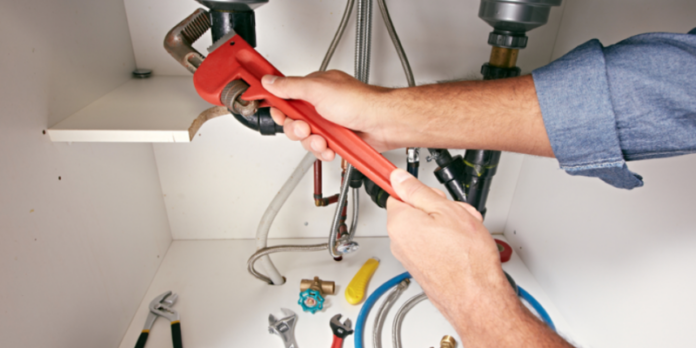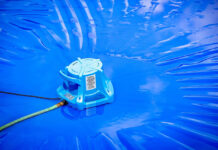Drain pipes play an integral role in a homeowner’s plumbing system. It is necessary to make sure they get inspected and cleaned on a regular basis in order to optimize performance and avoid any possible plumbing issues.
The frequency with which drain pipes need to be cleaned can depend on a range of factors, including the size of the pipe, the type of materials being flushed through the pipes, how frequently they are used, as well as what type of soil your home is located on.
This guide will provide you with an overview of how often your drain pipes should be inspected and cleaned in order to keep your home’s plumbing system working properly.
Reasons for Cleaning Drain Pipes
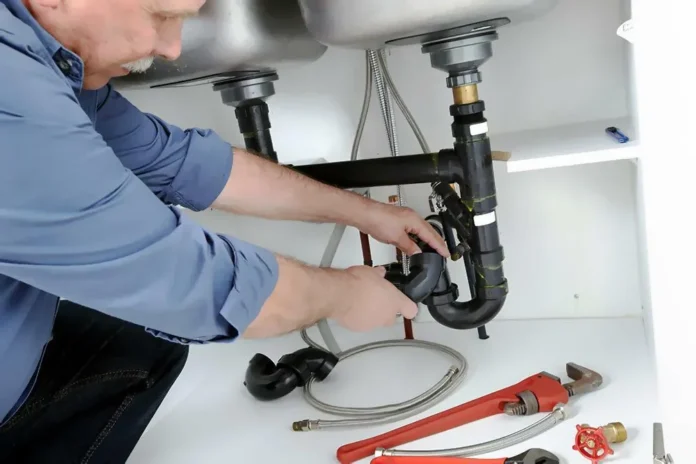
It’s important to keep your drain pipes clean and clear of debris. When debris such as hair, dirt, grease, or soap scum builds up in the pipes, it can lead to water backing up and clogs. Regular drain pipes cleaning is essential for preventing drainage issues and keeping everything running smoothly.
There are several reasons why drains should be cleaned on a regular basis:
- To remove any built-up debris that may cause a blockage in the pipes or slow down the flow of water
- To prevent bad odors from occurring due to bacteria growth in the pipes
- To lower the risk of damaged pipe walls due to corrosion caused by built-up debris
- To reduce the chances of running into expensive plumbing repairs down the road
- To help ensure proper drainage in your home and peace of mind.
How often to do it?
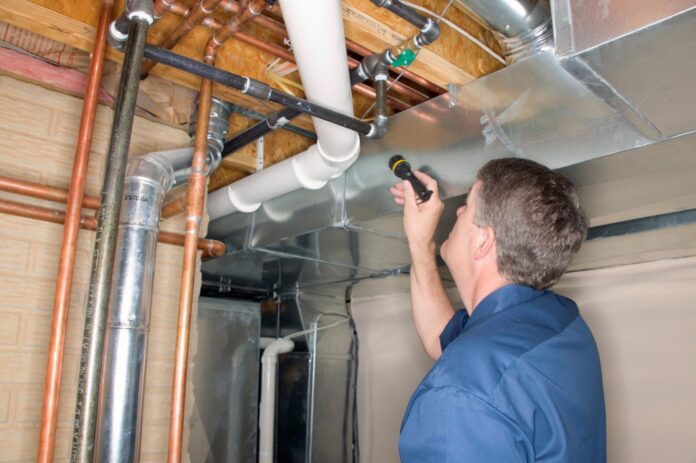
It is recommended that homeowners and business owners inspect their drain pipes regularly to ensure they are functioning properly and are free of blockages or other issues. The frequency of cleaning drain pipes should depend on the type of pipes installed and the amount of use they experience.
For drainage systems exposed to moderate-to-heavy usages, such as those in commercial properties, frequent professional inspections and cleaning should take place no less than every six months. These cleanings should include a thorough inspection of the entire system by a professional plumber or sewer technician, as well as an appropriate flushing procedure to clear away any debris or buildup in the pipes.
Plastic piping is known for being low maintenance and is often favored over traditional metal piping due to its durability, but regular maintenance should still be part of your property’s upkeep routine. Pipes made from plastic tend to hold onto dirt, debris, grease, and other organic wastes; these materials can cause clogs that can lead to overflow issues if left unchecked. Greasecycle® says professional cleanings every 12 months can help keep your plastic pipes safe and functioning properly over time.
If you’re using metal piping, occasional cleanings are still recommended even if the blockage is not seen or suspected. Scale buildup from hard water mineral deposits can sometimes become stuck in pipe crevices and limit their longevity; professional abrasive blasting may be needed for thoroughly clearing out hidden mineral buildup. Regular hydro jetting services will also help prevent longtime issues with metal piping along with helping clay pipe systems more than 25 years old maintain reliability for many years beyond their estimated life span potentials.
DIY vs Professional Cleaning: What to choose?
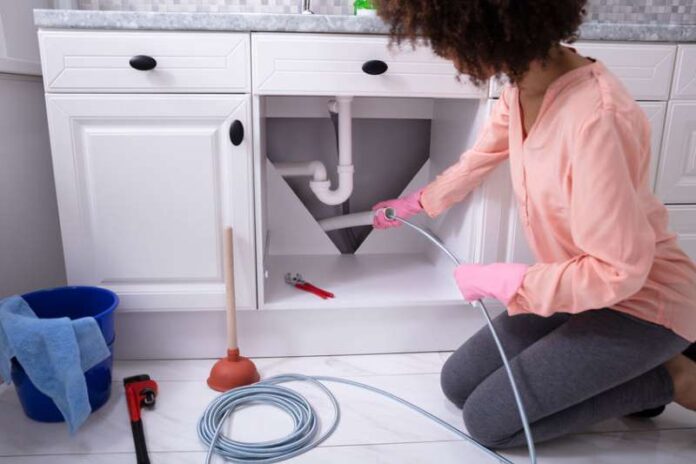
Do-it-yourself drainpipe cleaning may seem like an attractive option, as the cost of professional services can be quite high. However, the potential risks and challenges associated with DIY pipe cleaning make it a less-than-ideal solution. Professional drainpipe cleaning services provide cleanliness, accuracy, efficiency, and safety in their approach to the issue.
DIY methods may not always be effective in eliminating blockages, leaving behind residue and bacteria that could lead to further problems in the future. Additionally, attempting to clear a blocked pipe without proper training or equipment could potentially cause more serious damage to plumbing fixtures or even lead to flooding of your home or business.
On the other hand, professional drainpipe cleaning companies have access to specialized tools and equipment that can remove blockages safely with minimal disruption and risk of damage. These companies typically use video inspections to accurately assess the level of the blockage before taking action and can often clear clogged drains quickly using high-pressure water jets. This helps them ensure maximum effectiveness while minimizing repair costs associated with accidental damage caused by DIY attempts at repairing blocked drains.
For these reasons, it is always recommended that you contact a licensed drainpipe cleaner who has trained technicians experienced in this type of work whenever you suspect Something is wrong with your pipes. Licensed professionals will also be able to perform routine cleanings as needed, helping keep your plumbing running efficiently between scheduled inspections.
If you need professional assistance visit https://ranchocucamongaplumbingsolution.com/.
Common Cleaning Products

The two main types of drain cleaners are:
- Chemical or Enzyme-based Cleaners: These cleaners contain chemicals or enzymes which are designed to break down any organic material inside the drain pipe. They often come in liquid or powder form and should be used according to the manufacturer’s instructions. It is important to note that although these are effective at breaking down most organic blockages, they should not be used with metal pipes as they may cause corrosion.
- Blockage Removers: These products dissolve or physically remove blockages from your drain pipes using a combination of chemicals and specially designed tools for unclogging tougher areas such as behind sinks or toilets. Depending on the type you choose these are either poured into the drain before being flushed out afterward with hot water or pushed into the blocked area with a plunger-like tool.
Conclusion
By following these guidelines, homeowners can help ensure that their drain pipes are as clean and efficient as possible. Regular maintenance is the key to keeping drain pipes in good working order, so homeowners should arrange for professional drain cleaning once every year or two. Although it’s possible for homeowners to do this themselves, it’s often better to have the job done by a professional plumber.
